There are four essential characteristics of human intelligence that current AI systems donft possess: reasoning, planning, persistent memory, and understanding the physical world. Once we have systems with such capabilities, it will still take a while before we bring them up to human level.
Get the latest international news and world events from around the world.
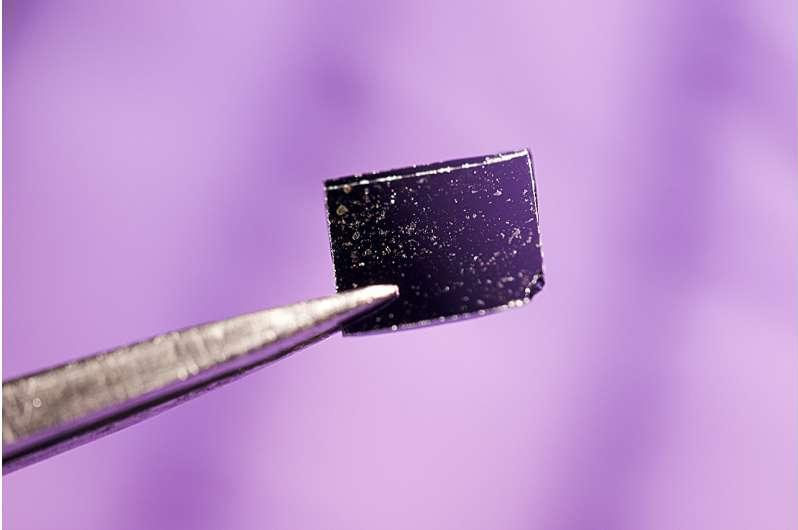
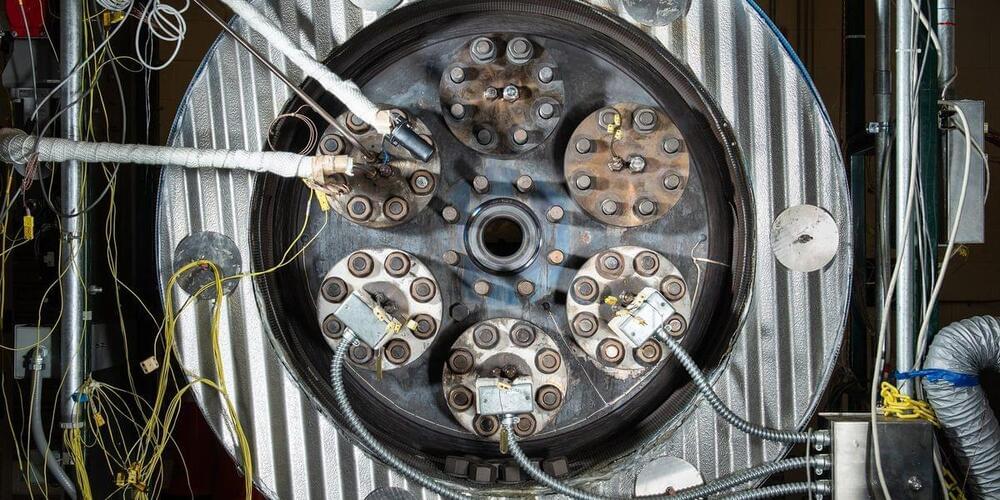

Earth’s Oldest Living Organisms Discovered Trapped in 2-Billion-Year-Old Rock
Scientists found living microbes in a 2-billion-year-old rock in South Africa, providing insights into early life on Earth and potentially aiding the search for life on Mars.
Researchers have discovered pockets of living microbes within a sealed fracture of a 2-billion-year-old rock from the Bushveld Igneous Complex in South Africa, an area known for its rich ore deposits. This is the oldest example of living microbes found within ancient rock to date.
To confirm that the microbes were indigenous to the ancient core sample and not caused by contamination during the retrieval and study process, the research team refined a technique they previously developed involving three types of imaging – infrared spectroscopy, electron microscopy, and fluorescent microscopy. These microbes could provide novel insights into the early evolution of life, and aid the search for extraterrestrial life in similarly aged rock samples brought back from Mars.
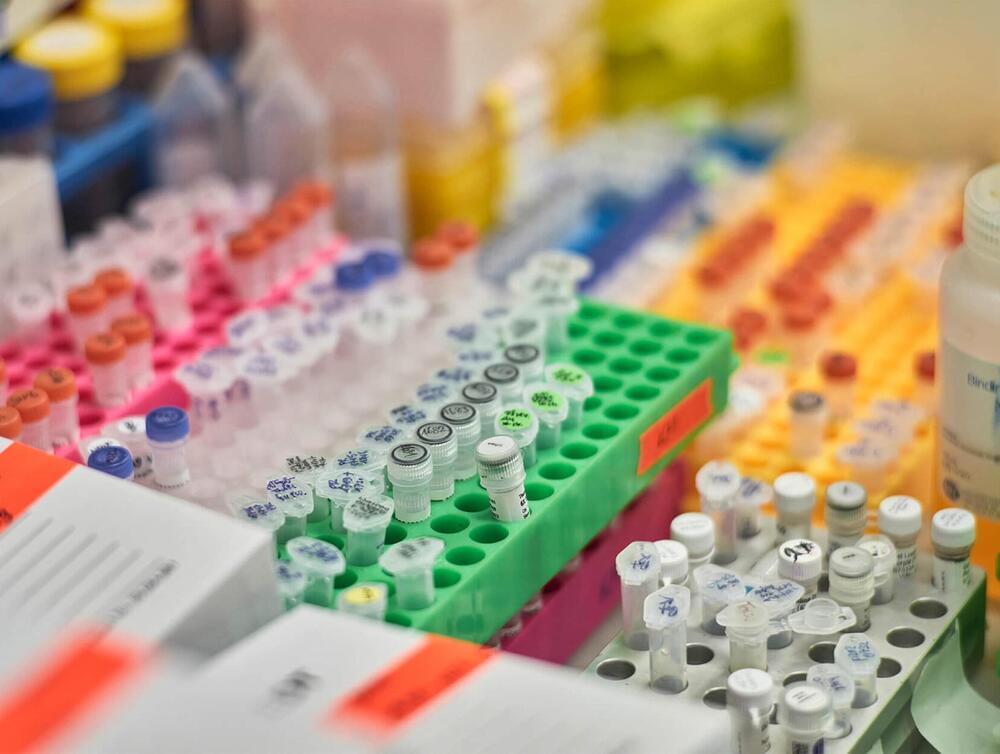
Compact ‘Gene Scissors’ enable Effective Genome Editing, may offer Future Treatment of High Cholesterol Gene Defect
CRISPR-Cas is used broadly in research and medicine to edit, insert, delete or regulate genes in organisms. TnpB is an ancestor of this well-known “gene scissors” but is much smaller and thus easier to transport into cells.
Using protein engineering and AI algorithms, University of Zurich researchers have now enhanced TnpB capabilities to make DNA editing more efficient and versatile, paving the way for treating a genetic defect for high cholesterol in the future. The work has been published in Nature Methods.
CRISPR-Cas systems, which consist of protein and RNA components, were originally developed as a natural defense mechanism of bacteria to fend off intruding viruses. Over the last decade, re-engineering these so-called “gene scissors” has revolutionized genetic engineering in science and medicine.
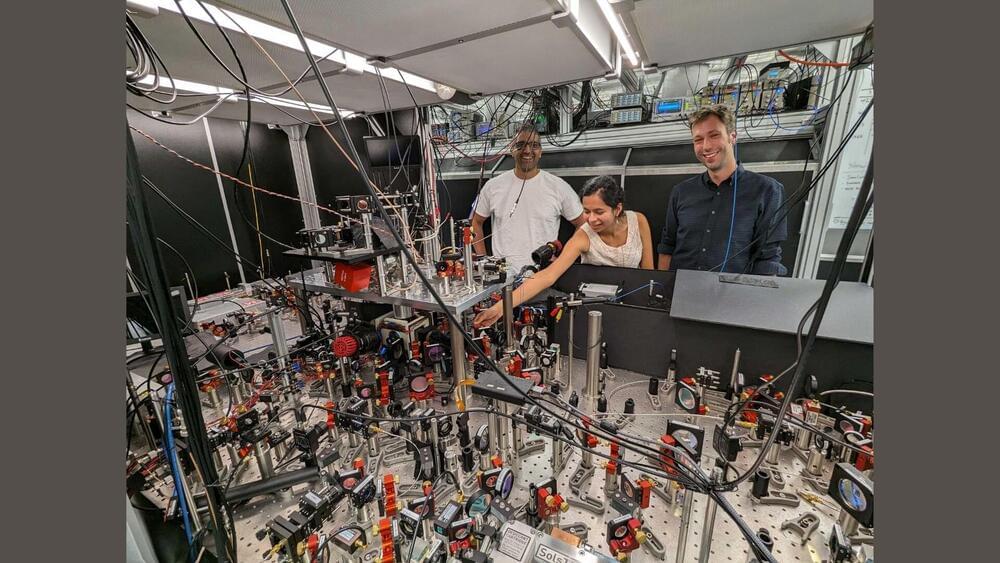
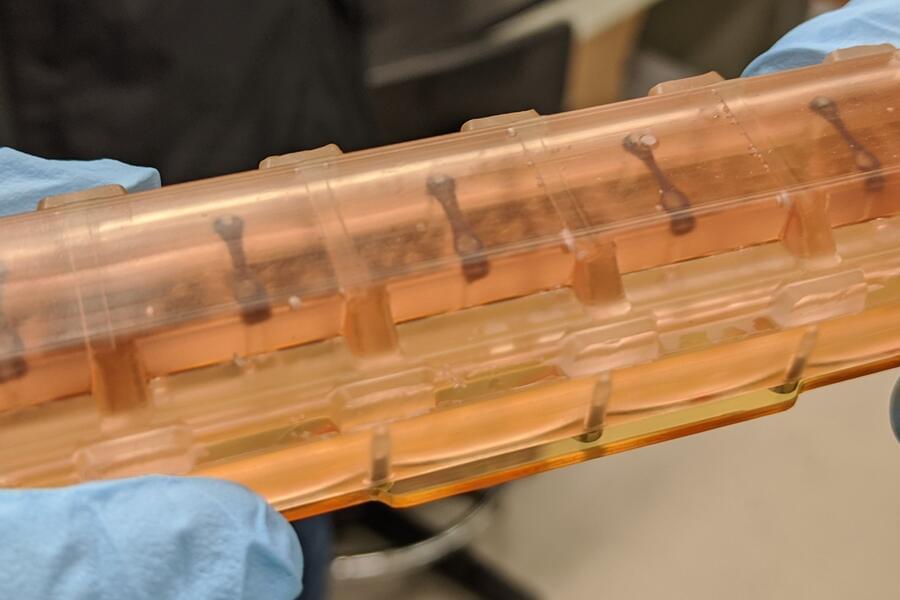
Low Gravity in Space Travel found to Weaken and Disrupt Normal Rhythm in Heart Muscle Cells
Johns Hopkins Medicine scientists who arranged for 48 human bioengineered heart tissue samples to spend 30 days at the International Space Station report evidence that the low gravity conditions in space weakened the tissues and disrupted their normal rhythmic beats when compared to Earth-bound samples from the same source.
The scientists said the heart tissues “really don’t fare well in space,” and over time, the tissues aboard the space station beat about half as strongly as tissues from the same source kept on Earth.
The findings, they say, expand scientists’ knowledge of low gravity’s potential effects on astronauts’ survival and health during long space missions, and they may serve as models for studying heart muscle aging and therapeutics on Earth.


Higgs Particles And Tiny Black Holes Could Have Destroyed Our Universe
Although our universe may seem stable, having existed for a whopping 13.7 billion years, several experiments suggest that it is at risk—walking on the edge of a very dangerous cliff. And it’s all down to the instability of a single fundamental particle: the Higgs boson.
In new research by me and my colleagues, just accepted for publication in Physical Letters B, we show that some models of the early universe, those which involve objects called light primordial black holes, are unlikely to be right because they would have triggered the Higgs boson to end the cosmos by now.
The Higgs boson is responsible for the mass and interactions of all the particles we know of. That’s because particle masses are a consequence of elementary particles interacting with a field, dubbed the Higgs field. Because the Higgs boson exists, we know that the field exists.
